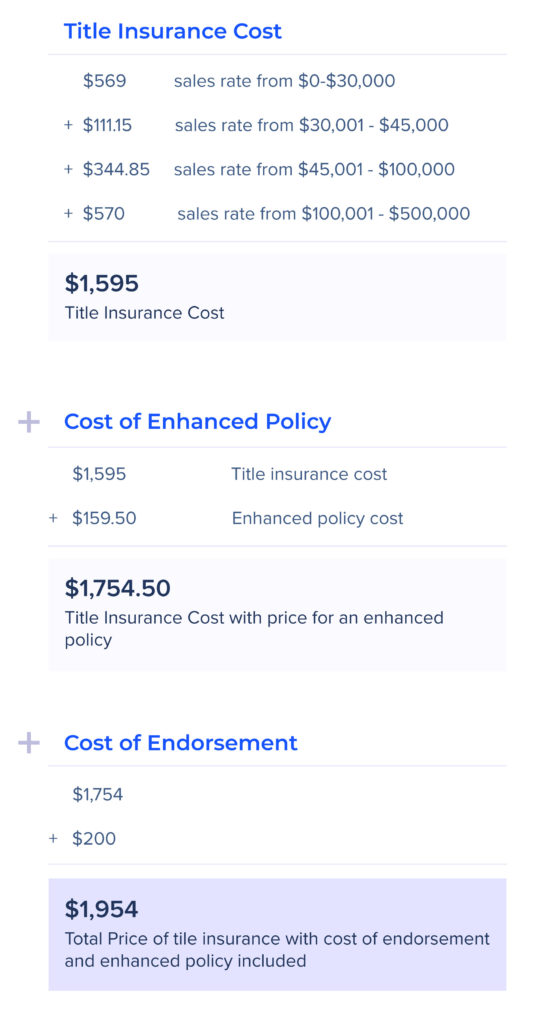
Some lease companies, such as Honda, do not charge a disposition fee (at the time of this writing). In this case, try to negotiate it out of the deal. Normally the fee is not required if you decide to purchase your vehicle at lease-end, although a few leasing companies also require it even then.

This is a typical leasing fee, set by the car lease finance company, that is due at the end of the lease to compensate the leasing company for the expenses of selling or otherwise disposing of a returned lease vehicle. Otherwise, acquisition fees are not negotiable. If you feel this fee has been “bumped” by the dealer, you can attempt to negotiate it down. Although this fee is set by the lease finance company, dealers sometimes “bump” the fee to add a little extra profit for themselves. High-end luxury vehicles have higher acquisition fees than lower priced cars. This fee is typically in the range of $495 to $995, with averages in the $595-$795 range depending on the car company. However, it is becoming more common for the acquisition fee to be listed and charged as part of the up-front “due at lease signing” cash, although you may have the option of rolling it back into the lease if you want. You should ask about it if you don’t see it mentioned.

It is often not explicitly shown in your contract, but is included in your Capitalized Cost. Acquisition Fee (Bank Fee)Īn acquisition fee, sometimes called a “bank fee,” is an administration fee charged by a car leasing company, much like “points” or an “origination fee” on a mortgage. The money is returned to you at the end of the lease. This is a good deal if you have poor credit and have the cash to spare. The larger the deposit, the lower the rate. Some lease companies allow you to make a security deposit as a way of reducing your finance rate (money factor). You should know where you stand so that you don’t receive any surprises when you visit a dealer. If you have a good credit score or have leased with the same finance company before, you will not have to make a security deposit. The fee will be refunded to you at lease-end, less any disposition, mileage, or damage charges. It’s a fee that is usually about the same amount as, or a little more, than the monthly payment amount. Security DepositĪ few, but not all, car leases require an up-front cash security deposit. Don’t confuse down payment with the total amount of cash due at lease signing, which can include some of the other fees discussed below. Most leases allow the option of making a down payment - or not. A down payment is not a deposit but simply a way of pre-paying part of the lease to reduce the monthly payment amount. While not a fee, a down payment is part of the cash paid at the time of lease signing. Down Payment (Capitalized Cost Reduction) Your last payment is due a month before your lease ends.

Your second payment will be due one month later. The first payment is NOT considered a down payment or a security deposit - it is simply the first monthly payment on your lease. This means you make your first car lease payment to your dealer at the time you sign your lease contract. A lease is different from a loan in that payments are made at the beginning of the month in which they’re due, while loan payments are paid at the end of the due month.


 0 kommentar(er)
0 kommentar(er)
